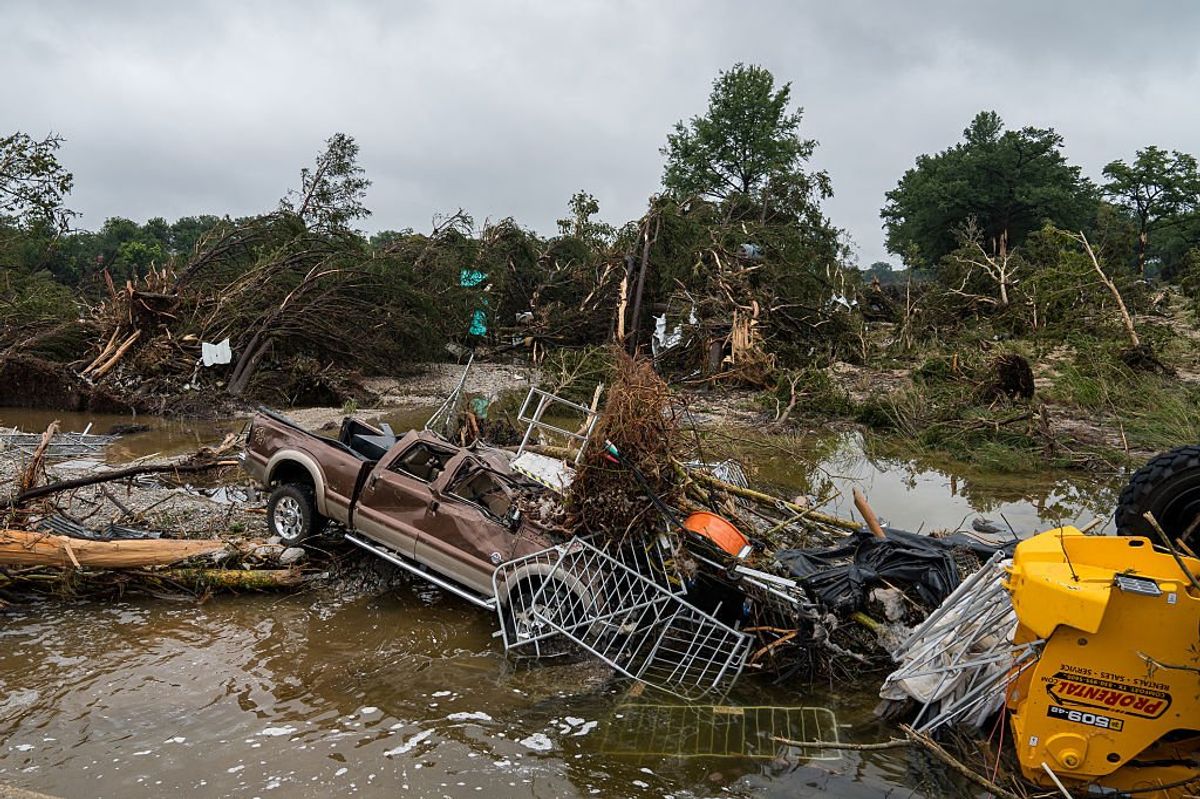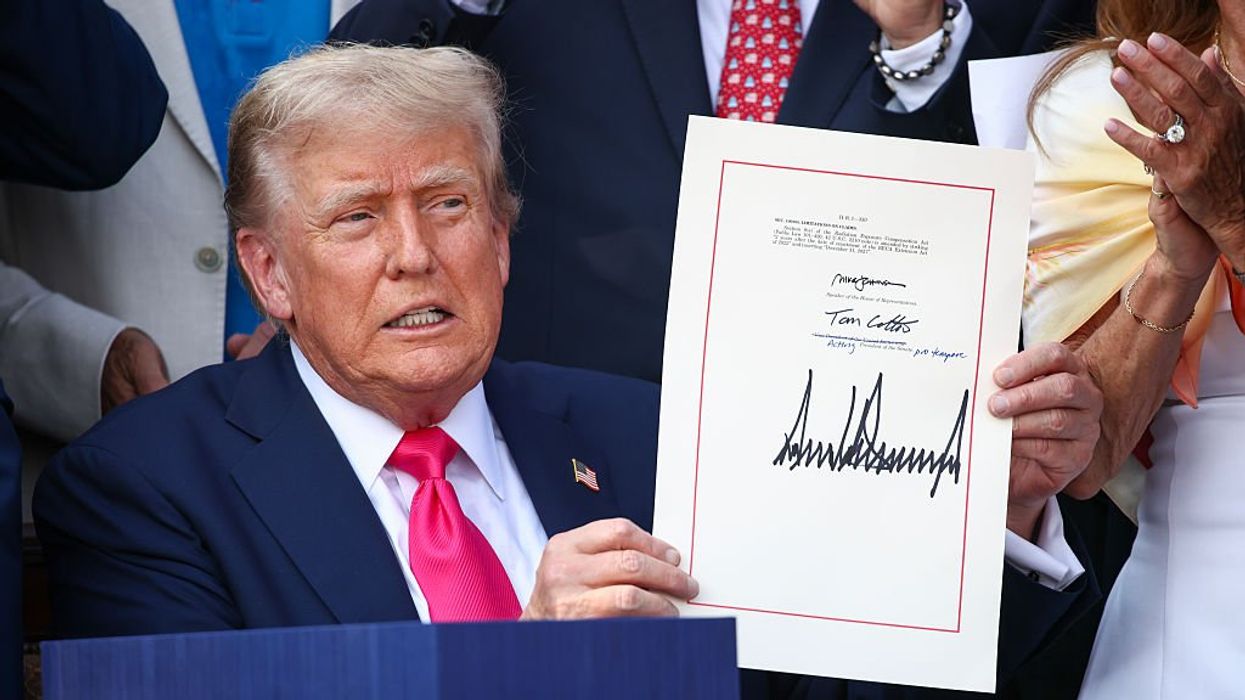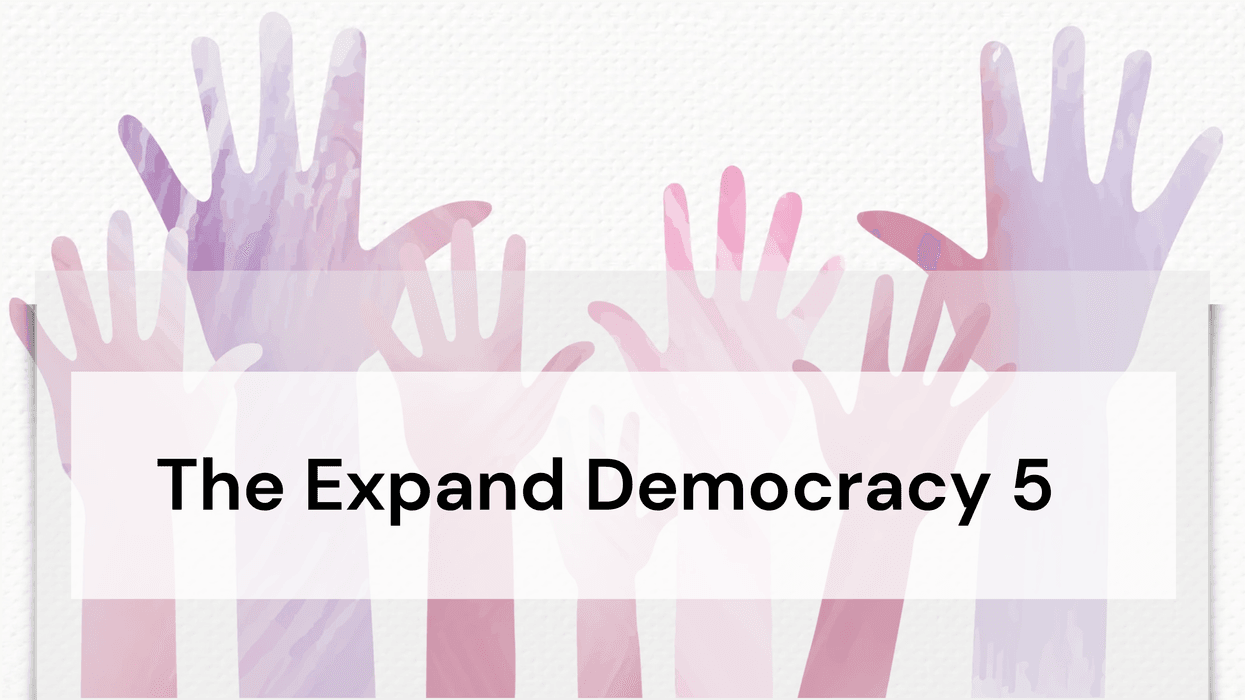The Fulcrum presents The Path Forward: Defining the Democracy Reform Movement. Scott Warren's interview series engages diverse thought leaders to elevate the conversation about building a thriving and healthy democratic republic that fulfills its potential as a national social and political game-changer. This initiative is the start of focused collaborations and dialogue led by The Bridge Alliance and The Fulcrum teams to help the movement find a path forward.
Aditi Juneja is the Executive Director of Democracy 2076, an organization dedicated to reimagining democracy for the next generation. Democracy 2076 is intentionally taking a long-range view of democracy, bringing together diverse stakeholders to explore what democracy should look like within a 50-year time horizon.
Through an exploration of challenges and opportunities through such a long-term lens, the hope is that the constraints of a constant focus on the five-alarm fire of democracy are removed. Aditi and her organization utilize strategic foresight tools to collaborate with organizations on longer-term visioning projects, including a project that involves bringing together constituencies from across the country to envision what the US Constitution should look like in 2076.
I feel that the tension of responding to short-term threats to democracy while also re-envisioning democracy itself is at the crux of nearly every conversation about democracy reform right now. It’s difficult to pinpoint exactly what that tension means. Through this conversation, Aditi provided answers, describing Democracy 2076’s concrete approach towards ensuring that individuals and organizations can think long-term and actually in concert with this line of imaginative thinking, rather than solely being theoretical.
I think that sometimes in the pro-democracy sector, long-term thinking can be code for structural reform (such as changing electoral systems), but reimagining democracy itself requires much more. The notion of a 50-year time horizon allows for truly reconceiving what democracy can look like in the future, without the obvious constraints that come with the moment (the type of thinking that leads to cynicism about any substantive reform being achieved with a Congress or population so polarized, for example).
I found Aditi to be deeply candid in this interview about where the movement has gone wrong, while also being optimistic about what the future could hold.
Her main reflections included:
- The pro-democracy movement has continually failed to offer a compelling vision: One of the persistent challenges with the pro-democracy movement in this country, as conceived, is that it largely matured after the first election of Donald Trump in 2016. This means that much of the movement itself often involves organizing in opposition to Trump, rather than articulating a new vision of democracy.
As Aditi notes, after first getting involved in the field partially as a response to Trump, she began to realize that the deep frustration people held required “an alternate vision for the future- people needed to know that their problems could be solved in a pro-democratic way, and in the absence of that we were just going to be in the doom loop.”
Unfortunately, Aditi reflected, the time period during the Biden Administration was a lost opportunity, both for political leaders and the broader pro-democracy movement. “During the Biden Administration, there was definitely an opportunity when people were not actively on defense, to be thinking more about what a vision for the future of our democracy could be. I actually don't think that happened. I think that a lot of organizations in the pro-democracy space spent the 4 years of the Biden Administration preparing for a Trump 2.0.”
While acknowledging that these efforts were helpful to the extent that Trump 2.0 is now the world in which we find ourselves in, Aditi notes, “Part of me that wonders if it wasn't a self-fulfilling prophecy that in preparing for the worst outcome we didn't offer an alternate vision for the future that was pro-democratic.”
- Imagining a different democracy is more than just policy change: One of the important elements of Aditi and Democracy 2076’s work, and much of the future work that is now happening, is a recognition that much of our country may both look and act differently in the future. Much of the pro-democracy sector seems stuck in policy fights of the moment: how can we push forward on issues like climate change, fight for the rule of law, and construct a responsible immigration policy?
For Aditi, envisioning the future allows for reckoning with, for example, climate change projections show that “New York City will be underwater in 2070 if nothing changes. That’s a real different world you’re thinking about.”
The recognition that the world itself will look different prompts people to move beyond the rigid orthodoxy associated with current ideologies, which are typically mapped along a left-right continuum. Getting to a better place in our democracy most likely will not come specifically on the current contours of our continuum.
Aditi learned in her convenings and trainings that, “the biggest thing was thinking about how our values might be different, but also the context might be different.. Most people don't have a deeply held, ideologically driven view that is strongly left or strongly right on what we should do about climate migration. Most people don't have a preconceived notion of what we do when New York City is underwater. And so that creates a lot of openness and space for imagination.”
- Opportunity exists right now: While Aditi’s work is focused on a long-term vision for democracy, a push for more positive and opportunistic thinking was apparent throughout our conversation. This can be a difficult proposition in a moment in which so many are in pain. Aditi, acknowledging that reality, also reflects that while the common perception is that “the system is set, and it’s unmovable and unchangeable, what we’re seeing in the present is really disrupting that notion. It’s allowing people to really ask the question of “If you can cut half of Department of Education employees, why can’t you abolish the Senate?””
Aditi points to Universal Basic Income and immigration reform as specific ideas where there might be opportunity to get things done through unlikely coalitions, especially as the situation evolves rapidly and institutions are decimated “I have been trying to invite people not just to think about how things could get worse, which seems to be what people think scenario planning is for, but also where there might be opportunities.”
Aditi thinks differently about the democracy ecosystem and is not afraid to push. I really appreciated her candor and think we can all stand to learn a lot from pushing ourselves to imagine, get uncomfortable, and think differently.
Scott Warren is a fellow at the SNF Agora Institute at Johns Hopkins University. He is co-leading a trans-partisan effort to protect the basic parameters, rules, and institutions of the American republic. He is the co-founder of Generation Citizen, a national civics education organization.




















